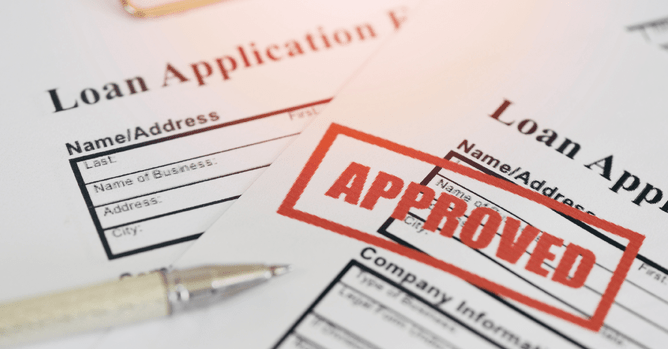When you apply for a home loan as a first home buyer, the bank wants to see if you are 'lendable'. One of the ways they do this is to assess your 'account conduct'.
There are three ways that account conduct gets assessed:
Bank statements
Debt management
Credit history
Bank Statements
Banks will typically request your last three to six months' bank statements (transactional, savings and credit card statements).
For the six months leading up to you applying for a home loan – make sure your account conduct is as follows:
Bank accounts should never go into a negative balance.
No unarranged overdrafts.
No dishonoured direct debts/ automatic payments.
Regular and consistent savings should be seen on the statements.
Income should clearly be shown in the bank statements (should align with pay slips).
Credit cards should be paid off monthly (ideally). If not, there should be good control shown.
Having your credit card constantly hovering around the limit with only the minimum monthly repayments being made is not particularly good financial character from the bank's perspective.
Avoid buy-now-pay-later (BNPL) arrangements (ideally).
Debt Management
Having debt will impact the amount the bank is willing to lend you.
Debts such as student loans, credit cards, personal loans, hire purchase and buy-now-pay-later (BNPL) arrangements are examples of debts that should be reduced, controlled or exterminated before applying for a home loan.
Student loans – have the biggest impact on reducing your lending. It is highly recommended to pay this off as soon as possible. However, student loans do not have the stigma that personal loans, car loans and hire purchases have.
Personal loans, Car Loans, Hire Purchase – will have a significant impact on reducing your lending. It's highly recommended to apply for a home loan without any personal loans.
Credit cards – are not a big issue if they’re kept under control and used responsibly. The ideal way to use your credit card is to pay it off in-full each month. Note that the larger the credit card limit, the greater the reduction to your lending, even if you never use your card! It’s best to have a low limit or not have one at all.
Buy-now-pay-later arrangements (BNPL) – A bit like credit cards, it should be used responsibly. Ideally, it’s best to have this paid off and have your BNPL accounts closed.
Debts to IRD – there should be no debts owing to IRD. This can prevent you from getting a home loan.
Credit History/ Score
When you apply for a home loan (or any debts) - the bank will get access to your credit report which includes information about your current credit accounts, payment history and if there have been any defaults or late payments.
You will also have a “Credit Score” - which is a numerical representation of your “creditworthiness” for 0 to 1,000. A higher score represents higher creditworthiness and therefore lower risk to the bank. A credit score above 600 is considered good.
You can get a copy of your credit report at the following:
ClearScore - https://www.clearscore.com/nz
Equifax - https://www.equifax.co.nz/
No matter how large your income is or how much deposit you have - if you have a poor credit history/ credit score - you could be declined when you apply for a home loan.
If you would like to have a chat to us about getting lending sorted for your first home, please get in contact with us.
Disclaimer
The information contained in this article is general information and is not intended to be financial, legal or tax advice. Vive Financial Services Limited and Jith Rajenthiram accept no liability for any loss caused as a result of any person relying on any information in this guide. Before making any financial decisions, you should consult a mortgage adviser or an appropriate professional.



